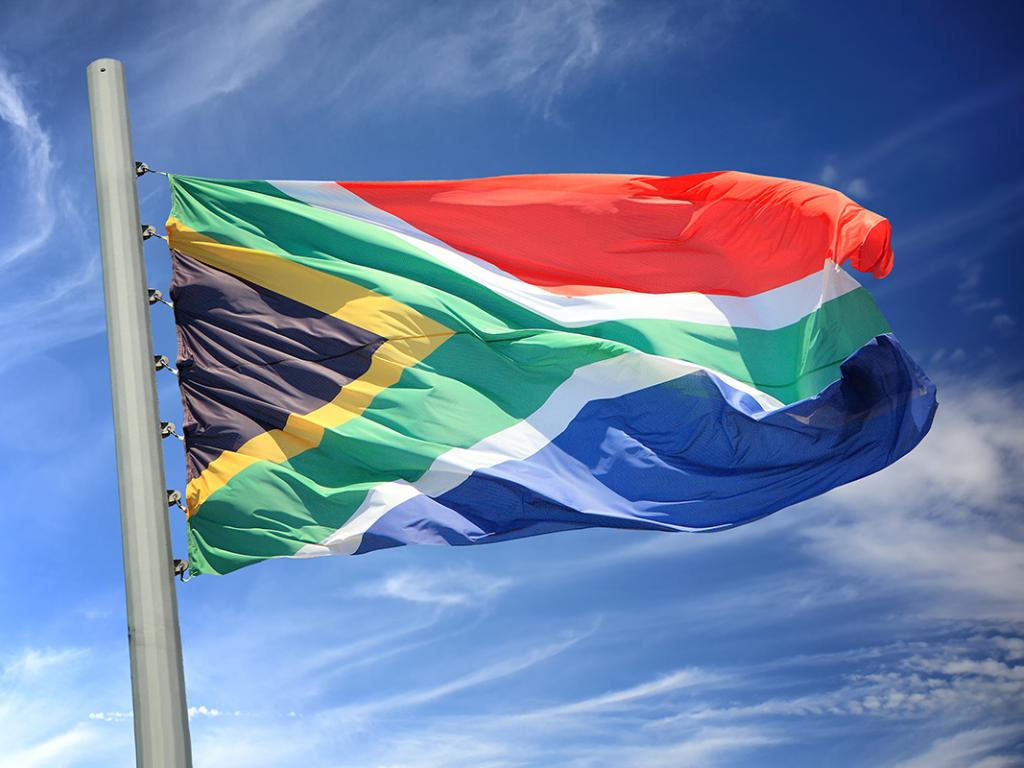National Water Month: Investing in infrastructure for a resilient South Africa

In South Africa, March marks National Water Month, observed in conjunction with World Water Day on March 22nd. For WPE – Water and Production Economics, a research unit at the University of Cape Town (UCT), this month is a vital opportunity to spotlight the significance of freshwater and the urgent need for sustainable water management. It underscores how responsible stewardship of water resources is essential for advancing sustainable development and ensuring fair access to water across South Africa's diverse regions.
While all aspects of the water supply cycle are important in the context of water economics, the WPE recommends placing a strong focus on water supply and treatment infrastructure. In South Africa, much of the infrastructure is ageing and plagued by significant leakages, which undermine the efficiency of water delivery. This concern has also been highlighted by the South African Institution of Civil Engineering (SAICE).
To address these issues, significant investments have been planned by the South African government to building new infrastructure as well as repairing and maintaining existing systems. Key projects include the Umkhomazi Water Project (KZN), an R24 billion water augmentation initiative, and the Vaal River System and Lesotho Highlands Water Project, where construction is underway.
In terms of funding, the Department of Water and Sanitation (DWS) plays a pivotal leadership role, creating an enabling environment to mobilise financial resources. This includes engaging domestic private sector investors and the National Treasury in a comprehensive "water-infrastructure deal." The establishment of a National Water Resource Infrastructure Agency is a welcome development. This agency will oversee the development and management of national water infrastructure and introduce innovative financing models for new projects. Public-private partnerships (PPPs) could also offer an alternative funding model for infrastructure development. Additionally, South Africa can leverage its abundant natural resources to generate the financial capital necessary to support these efforts.
Water is a strategic sector, and achieving self-reliance in this area is crucial. Building robust local capacity will safeguard South African industries and businesses from external political decisions that could negatively impact the economy. As the global economic landscape continues to shift, South Africa must adapt to remain competitive. Local projects must meet global quality standards, ensuring the country's agricultural and industrial sectors are resilient and globally relevant.
National Water Month reminds us that sustainable water management is not just about preserving a resource – it's about securing the future of South Africa's economy, environment, and communities. By investing in infrastructure and fostering innovative funding mechanisms, we can build a stronger, more sustainable water system for generations to come.
Links:
- State of the Nation Address (SONA) 2025: Water sector. South African Government, accessed 17 Mar 2025
- Statement by Minister of Water and Sanitation, Ms Pemmy Majodina, on the launch of National Water Month. South African Government, accessed 5 Mar 2025
- Water and Sanitation Indaba addresses catastrophic state of South Africa's infrastructure. EWN, accessed 28 Mar 2025
- R900 billion in mega projects for South Africa – including new highways and power plants. BusinessTech, accessed 18 Mar 2025
- R940 billion infrastructure boost: SAICE calls for urgent action amid water crisis and project delays. Supply Network Africa Magazine, accessed 17 Mar 2025
- Industry stalwart Campbell calls for urgent action to address SA’s infrastructure challenges. Engineering News, accessed 6 Mar 2025.
